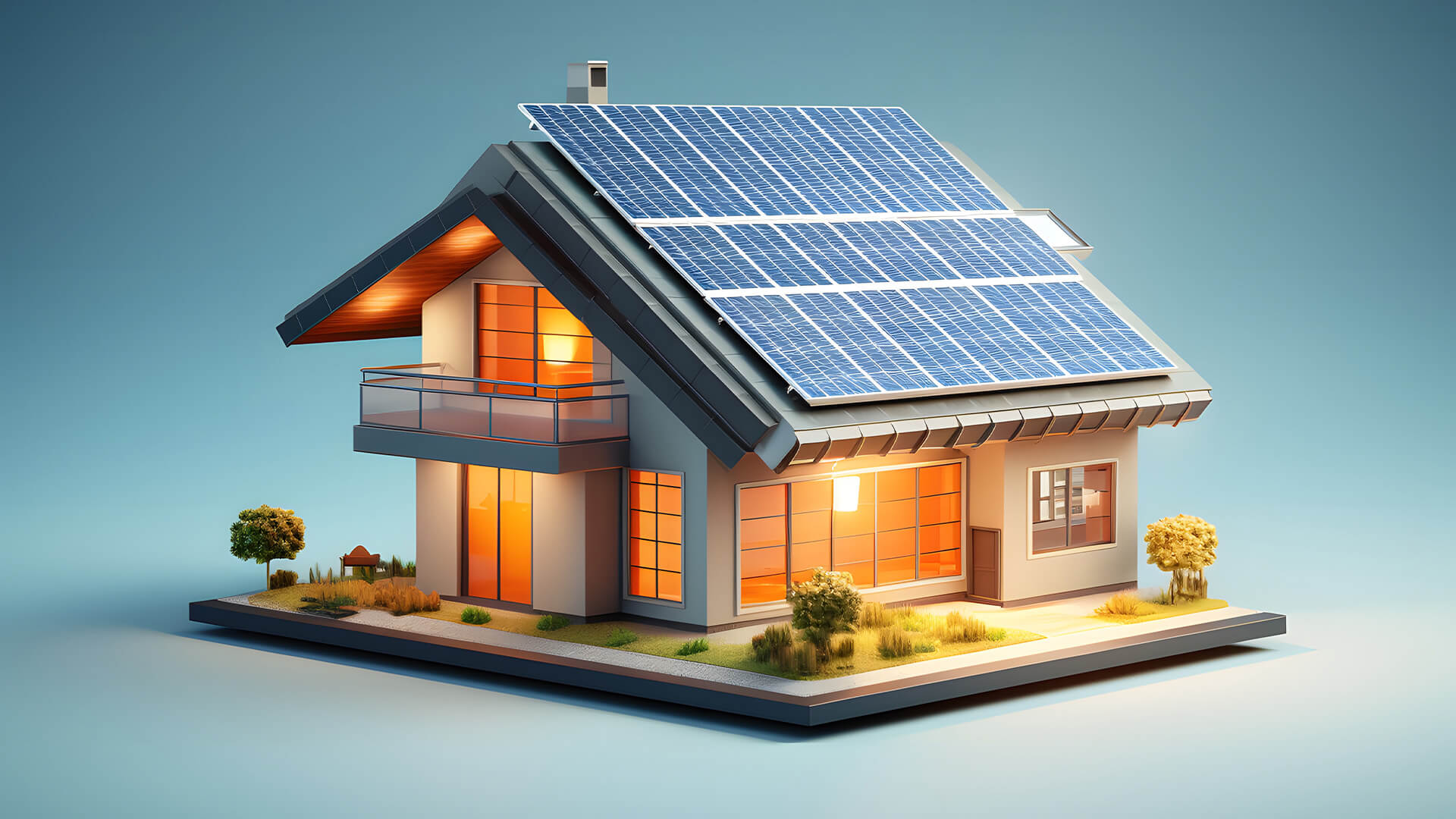Buzz Haven: Your Daily Dose of News
Stay informed and entertained with the latest buzz in news, trends, and insights.
Ditch the Bills: Why Energy-Efficient Homes Are the New Black
Discover why energy-efficient homes are the stylish choice for saving money and the planet—ditch the bills and embrace modern living!
Top 5 Benefits of Energy-Efficient Homes You Need to Know
Energy-efficient homes offer a variety of advantages that can significantly improve your quality of life and reduce overall living costs. Firstly, these homes typically feature advanced insulation and energy-saving appliances, which can lead to substantial savings on utility bills. According to recent studies, homeowners can save up to 30% on their energy costs annually. Additionally, energy-efficient homes often use renewable energy sources, such as solar panels, decreasing dependence on fossil fuels and promoting sustainability.
Secondly, living in an energy-efficient home can enhance your comfort and health. Many energy-efficient designs incorporate better ventilation systems, which help to maintain a consistent indoor temperature and improve air quality. This is particularly important for families with allergies or respiratory issues. Furthermore, the environmental benefits of these homes cannot be overlooked; by minimizing energy consumption, homeowners contribute to fewer greenhouse gas emissions, fostering a healthier planet for future generations.

How to Evaluate Energy Efficiency When Buying a Home
When purchasing a home, it's crucial to evaluate energy efficiency to ensure long-term savings and environmental benefits. Start by examining the home’s energy performance certificate, which provides insights into the property's energy consumption and carbon emissions. Additionally, check for insulation quality in areas such as the attic and walls, as well as the type of windows installed. Look for double or triple-glazing windows, which can significantly reduce heat loss. Homebuyers should also consider the age and efficiency of core systems, including the heating, ventilation, and air conditioning (HVAC) systems.
Another important aspect of evaluating energy efficiency is to assess the appliances within the home. Make sure that appliances such as refrigerators, washing machines, and water heaters bear the Energy Star label or similar efficiency ratings. This can indicate lower energy consumption and can lead to lower utility bills. Furthermore, inquire about the home’s smart home features that promote efficiency, such as programmable thermostats or energy monitoring systems. By taking these factors into account, you can make an informed decision and potentially save on energy costs for years to come.
What Are the Costs and Savings of Upgrading to Energy-Efficient Appliances?
Upgrading to energy-efficient appliances can initially seem like a significant investment, but it's essential to weigh these costs against the long-term savings they provide. Energy-efficient appliances typically have a higher upfront cost compared to standard models. However, they consume less energy, leading to lower utility bills over time. For instance, appliances such as refrigerators, washing machines, and dishwashers that have the ENERGY STAR label can reduce energy consumption by 10% to 50%. This reduction translates to savings; on average, a household could save anywhere from $100 to $500 annually on energy bills, making the upgrades financially advantageous in the long run.
Moreover, many consumers overlook additional savings associated with energy-efficient appliances. These appliances not only lower monthly energy costs but often come with longer warranties and reduced maintenance expenses due to their advanced technology. Additionally, potential rebates and tax credits from government programs can offset initial purchase costs, making it even more appealing. Ultimately, while the upfront costs of energy-efficient appliances may be higher, the cumulative savings over the life span of the appliance, combined with environmental benefits, can make them a smart investment for homeowners seeking to enhance their energy efficiency.